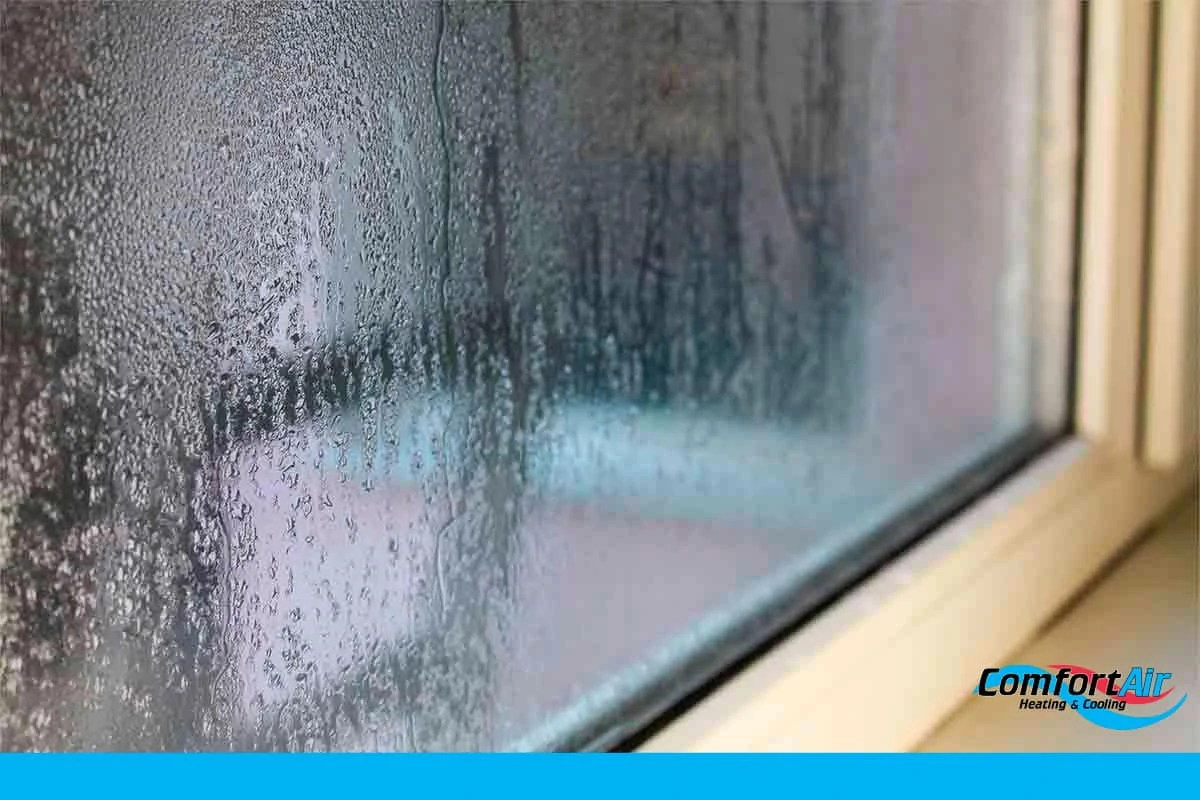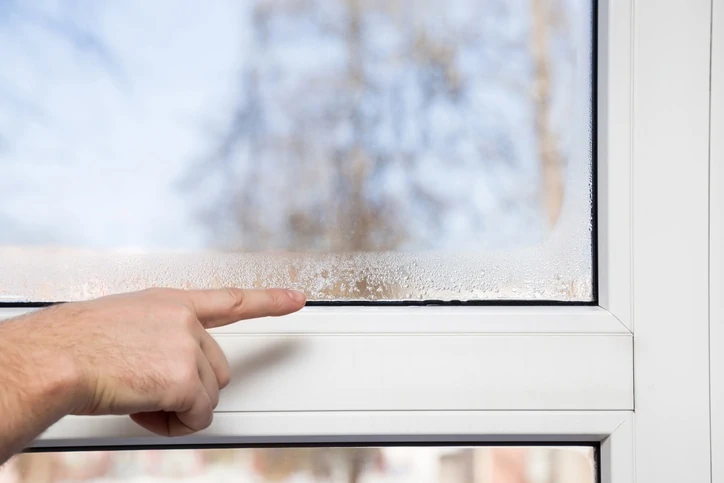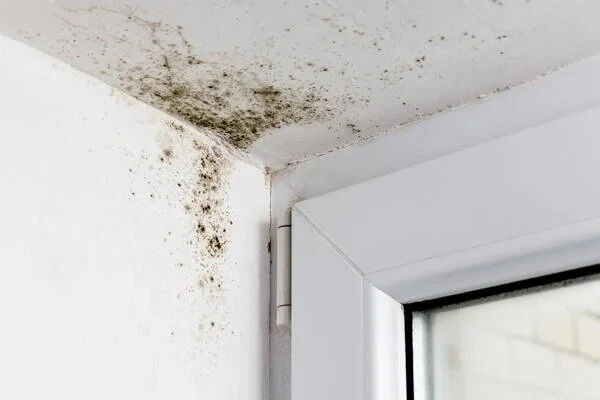
Humidity affects the cooling efficiency because it makes the air warm, causing the air conditioner to work overtime to cool the air. This will result in increased strain on the cooling device. In addition, high humidity levels inside the home can lead to algae and mold growth inside the ducts, greatly reducing the indoor air quality and possibly leading to allergic reactions.
A properly sized modern HVAC system should keep relative humidity levels in check. Problems in your home or air conditioning system may prevent your unit from dehumidifying your air as it should, leading to an uncomfortable home climate and added strain on the unit itself.
When a room indicates high relative humidity, HVAC systems need to work harder to condense and remove the excess moisture in the room.
Because of this, HVAC systems have to utilize more energy to do their work when humidity levels are elevated. This extra energy use often manifests in an expensive utility bill.
During particularly humid summer days, you may notice decreased AC performance if you leave doors or windows open. When the humidity levels inside the house are high, the air conditioner will strain to maintain the required temperature and humidity level inside the house. It will result in uneven cooling and increased wear and tear, thereby necessitating air conditioning system repairs.
However, high indoor humidity may also be the result of problems such as faulty ductwork, lack of exhaust fans in bathrooms, or clogged drain lines. Even more seriously, you may have an incorrectly sized or older air conditioner that simply cannot dehumidify and cool the rooms properly. As your unit struggles to overcome the high humidity, it will not be creating the comfortable cooling effect you’re looking for in your air conditioner, thus creating a “cold and clammy” feeling instead.
This creates a vicious cycle in which your unit fails to keep you comfortable and in the process also further degrades its own performance. If the air conditioning system isn’t cooling or dehumidifying as it is expected to, call a professional to identify and fix the problem before your system sustains further damage.
When your AC unit needs to work harder than it’s designed to, the frequency and type of maintenance and repair required can change dramatically.
If an HVAC system that usually needs semi-annual maintenance is overexerted for an extended time, it may have significant repair needs during regular checkups. This could be as simple as consuming more filters or something more serious like a burned-up compressor.

If your existing HVAC system is not working as well as you expect, a humidity problem could be blamed. The recommended indoor humidity level is 30%-60%, depending on the use of the area. Here are a few signs of high humidity that causes problems with your cooling system:
People can physically feel if the humidity level in an area is too high. You can also purchase a humidity gauge to determine the exact humidity levels in your home.
If your windows are fogging up on the inside, it could be because the relative humidity inside is too high.
If you can smell faint mildew or musty smell, chances are relative humidity is not at the right level.
High relative humidity means higher dew-points and condensation on cold surfaces.

When levels of indoor humidity are under control, the cooling equipment performs more efficiently, the level of comfort increases, and energy consumption and operating costs decrease. Here are steps to help remove humidity:
Have the ductwork properly sealed and insulated to stop extra moisture from entering your AC system
Make sure that the clothes dryer is vented outdoors
Use vented exhaust fans in the bathrooms and kitchen to eliminate water vapor from bathing, showering, and cooking
Add a dehumidifier to the HVAC system, which works in tandem with the cooling equipment to keep humidity levels within an acceptable range
Clean out the HVAC system’s drain line regularly, so it stays free of blockages
If you find that your home is full of moist, musty air and foggy windows, it is time to call for professional help. Comfort Air will send an experienced HVAC technician to identify the source of your problems and provide you with a free estimate to solve the issue.
If you have an older unit and suspect your central air conditioning system is simply failing to keep up, we can help you find a great replacement and install it for you professionally.
Whether your air conditioner needs adjustment, repair, or replacement, reach out to the team at Comfort Air. Comfort Air is a trusted Rheem Pro Partner, offering professional HVAC installation services that are convenient, affordable, and reliable. Our thorough process ensures excellent results for you.
Call us now at (813) 413-1726 to get a free estimate.